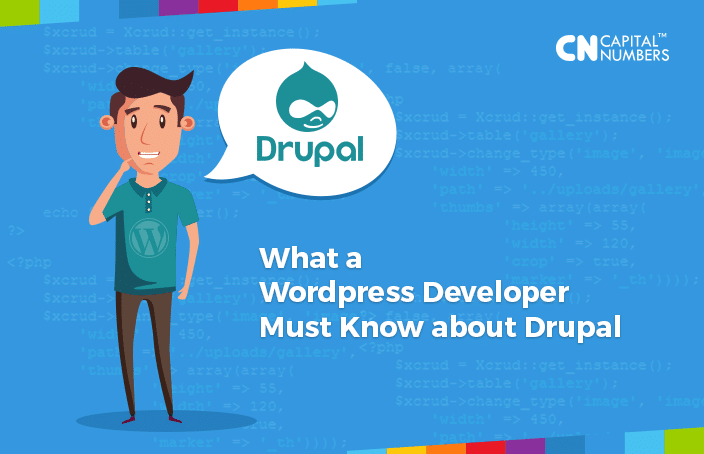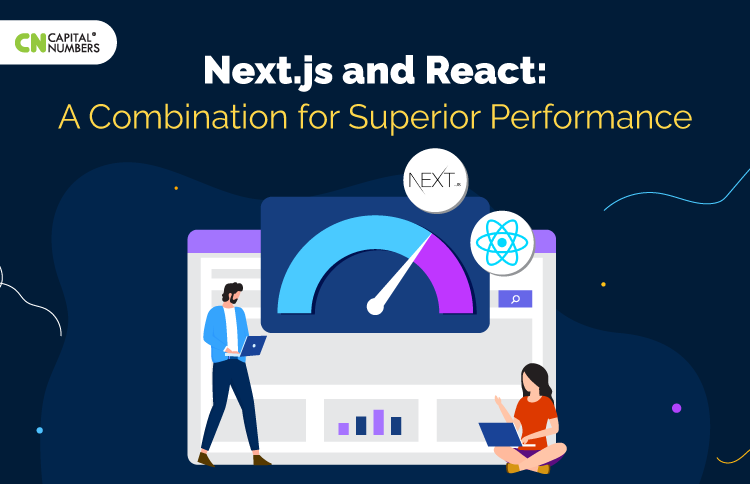What a WordPress Developer Must Know about Drupal Development
Content management systems are very crucial components if you are building a website. There are many content management systems or CMS like WordPress and Drupal. Web developers across the world prefer to develop websites with WordPress. This is because WordPress offers both useful features and ease of operation. WordPress offers many custom and free themes along with effective plugins.
Although WordPress is one of the most popular CMS used by the developers, there are certain things that you should know about Drupal as a WordPress developer. When it comes to popularity, Drupal is not far behind WordPress. Rather, it can be said that Drupal offers tough competition to WordPress with certain cutting edge features. Here are a few things that you need to know about Drupal.
There are No Loops
Loop is everything, when it comes to WordPress. But Drupal functions differently. In fact, you can spend a large chunk of your time working on Drupal without having to write PHP and HTML. Thus, as a Drupal developer you will not need PHP to hack out loop variables, unlike in WordPress.
Drupal makes adding content simple as it is managed through the UI of the admin, allowing you to add content through the sidebar. This eliminates the need of PHP. If you want to sort the products of your website and allow your user to use filters, you can easily do so without any need of PHP. In case you want to create many image styles for the users in the different areas of your website, you can do that as well, without using PHP at all. This adds to the beauty of Drupal as a CMS. Making multiple changes in websites without any need of coding not only makes management easier, but also stress free.
Content Types, Nodes, Blocks and Views
Although Drupal initially started as a small news site building CMS, it evolved what can be called a strong content management system. The reason behind this growth is extensive flexibility that it offers to output content from database. Drupal has a post display function or node and a widget block system that allows you to work without any PHP coding or MySQL queries. In case you are outputting field data from different types of content, a “view module” can be used to bind the fields. This block can be placed in any location you want. This is very useful if you want to create more data driven content to a website.
Modules
A professional WordPress developer downloads plugins for both convenience and beauty. Drupal Development Company, however, relies on similar features. You can write content just like WordPress in a default state. But there are limitations when layout is to be changed or custom content is to be added on a specific page or area.
The overview page of Drupal in the freshly installed site comes with basic functionality and you will have to hire a Drupal developer to extend and install the modules. This is a way to add more features to your Drupal site. There are many modules and digging around the modules and testing around with different modules will help you to achieve your goals. Although it might be time consuming, it surely is beneficial. This method also helps you to find out what works best for you to achieve what you want to achieve.
Templates
Drupal’s architecture is different from that of WordPress. And templates are one such thing that distinguishes Drupal from WordPress. Drupal has a layer template structure, while WordPress has Index.php based templates that are separated by template hierarchy.
Each and every template file is defined in a .info file based on a specific area. These templates can be configured on region, node, field or block which is known as back end. Templates appear in a page in an overlaid manner. The template at the top is used to output data.
Drupal is more flexible than WordPress. Although it might be flexible, beginners find it difficult to learn. This is due to the steeper learning curve. Sectionalising functions into modules and then storing them in a folder is easy in Drupal. Drupal and WordPress both have their own sets of advantages. But it is always advised that businesses hire either a Drupal developer or WordPress developer, to build the website effectively.













